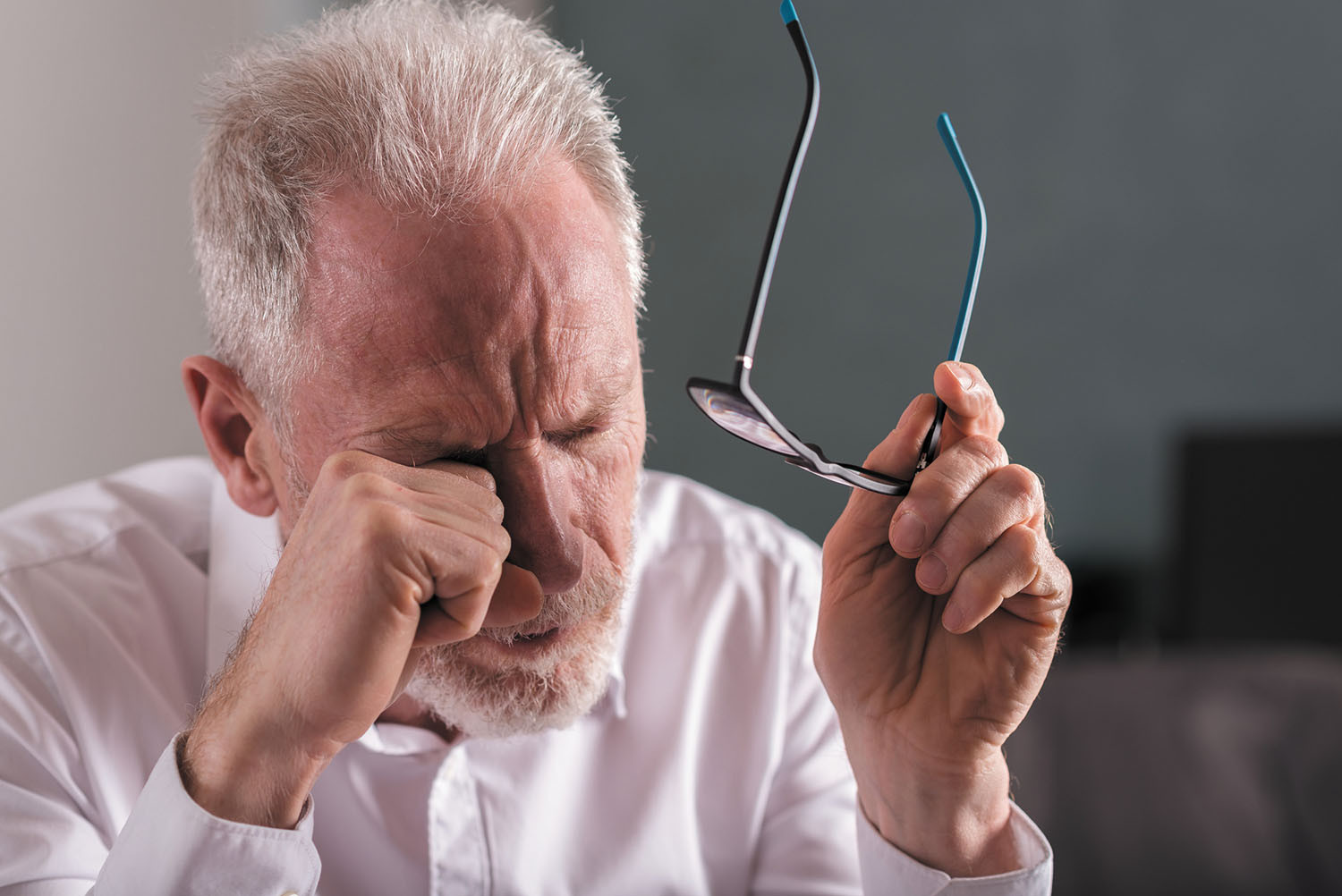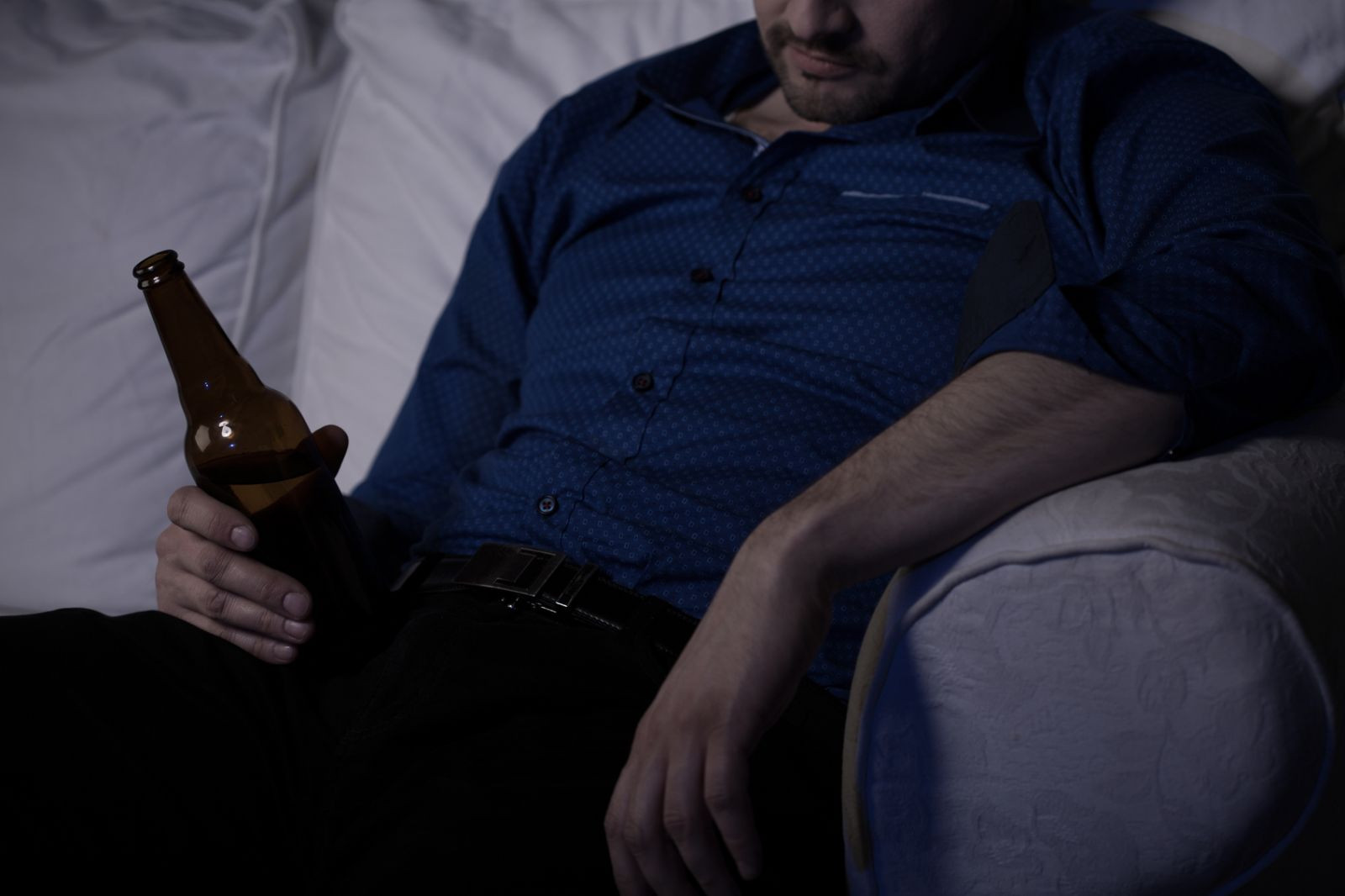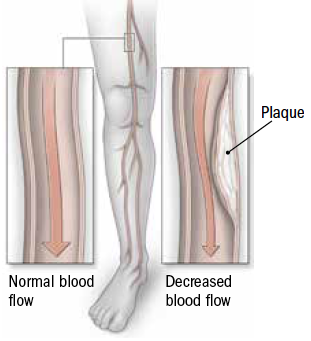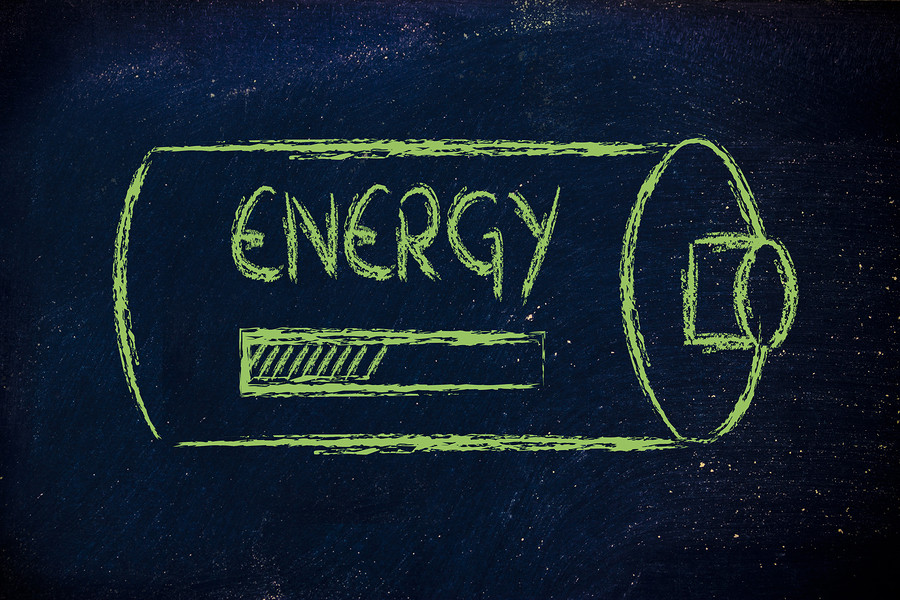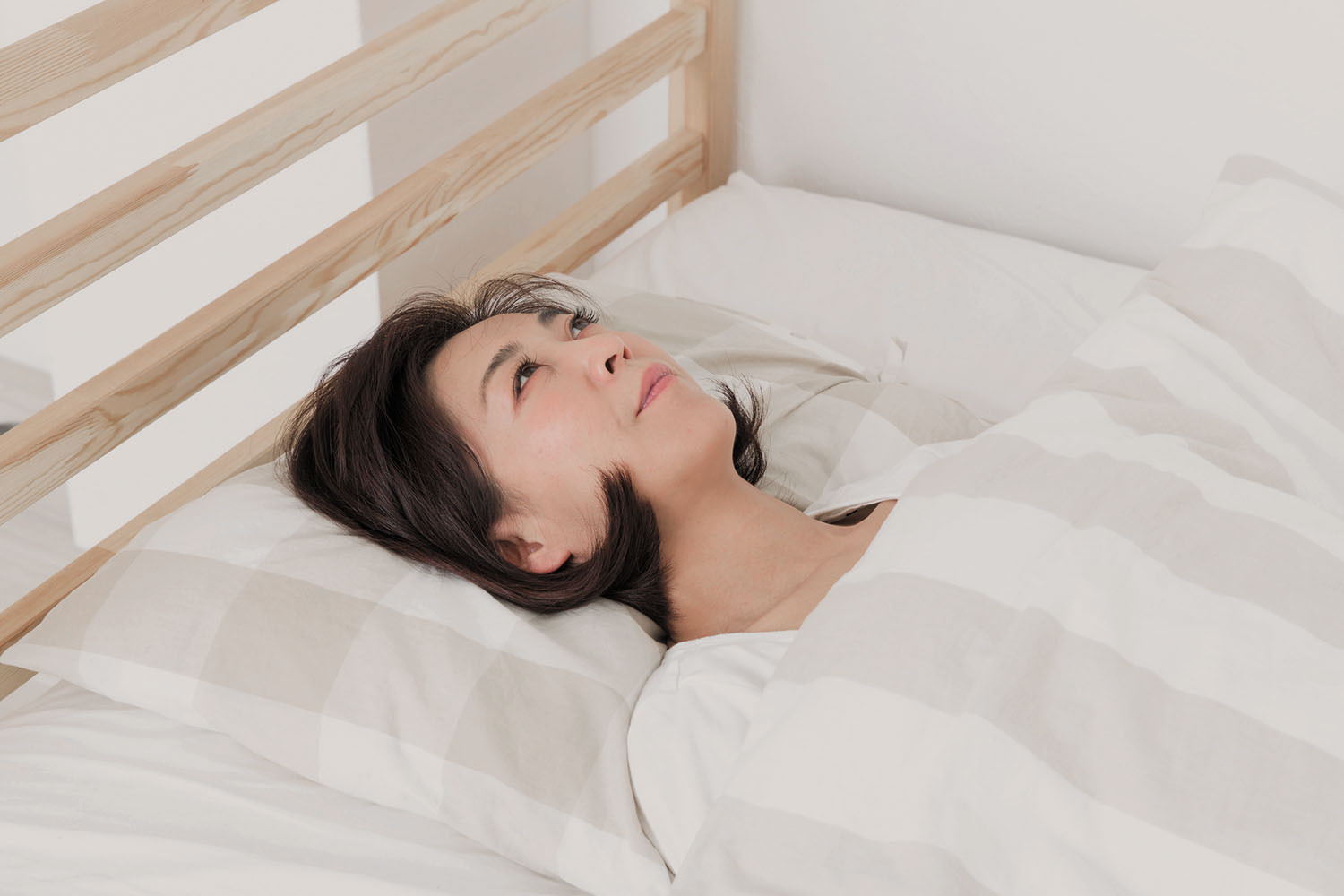
Counting steps is good — is combining steps and heart rate better?

Appendix pain: Could it be appendicitis?

Can saw palmetto treat an enlarged prostate?

How does Ozempic work? Understanding GLP-1s for diabetes, weight loss, and beyond

Zinc: What it does for the body, and the best food sources

Respiratory health harms often follow flooding: Taking these steps can help

Tips to leverage neuroplasticity to maintain cognitive fitness as you age

Can white noise really help you sleep better?

Celiac disease: Exploring four myths

What is prostatitis and how is it treated?
Boosting Energy & Managing Fatigue Archive
Articles
When should you worry about fatigue?
On call
Image: © thodonal/Getty Images
Q. I have been quite fatigued over the past two weeks. How long should I wait before seeing a doctor?
A. We all go through periods of low energy. Even a week of feeling more tired than usual is not uncommon.
4 ways to boost your energy naturally with breakfast
Healthful protein, slowly digested carbohydrates, fruit or vegetables serve up best morning mix
As you sleep, your body is hard at work digesting yesterday's dinner. By the time you wake up, your body and brain are demanding fresh fuel. "Breaking the fast" is a key way to power up in the morning. Do it right and the benefits can last all day.
If you miss the day's first meal, notes Dr. David S. Ludwig, a nutrition expert at Harvard-affiliated Children's Hospital Boston, you may start off with an energy deficit and have to tap into your energy reserves.
Alcohol and fatigue
Sedative effects of drinking can also initiate other physical responses in the body
Image: KatarzynaBialasiewicz/Thinkstock
Many people think that a little nightcap will help them sleep soundly through the night. Although alcohol's sedative effects can make you drowsy, they also have other effects that can interfere with quality sleep.
Several hours after that nightcap, the alcohol raises the body's level of epinephrine, a stress hormone that increases the heart rate and generally stimulates the body, which can result in nighttime awakenings. Indeed, alcohol may account for 10% of cases of persistent insomnia. Alcohol also relaxes throat muscles, and this relaxation can worsen sleep-related breathing problems and contribute to sleep apnea. What's more, alcohol may increase the need to urinate during the night — just another way in which it can disrupt sleep.
A leg up on peripheral artery disease
The condition causes leg pain and fatigue that make activity difficult, but lifestyle changes can improve how you feel.
The occasional leg pain or stiffness is often not cause for concern, but if pain or fatigue develops after just a few minutes of walking or climbing stairs, it could be an early sign of peripheral artery disease (PAD).
"PAD not only interferes with an active lifestyle, but also can put you at higher risk for a heart attack and stroke," says Dr. Michael Belkin, chief of the Division of Vascular and Endovascular Surgery with Harvard-affiliated Brigham and Women's Hospital. "You can't cure PAD once it occurs, so you want to take measures to avoid it as much as possible."
Look out for Lyme
Here's how to protect yourself from this growing tick-borne disease.
Summer is the ideal time to enjoy the outdoors, but while you're interacting with nature, you need to look out for ticks that carry Lyme disease, the most common tick-borne disease in the United States.
About 300,000 people are diagnosed with Lyme disease each year, according to the CDC, and new research suggests that number will rise by 20% by mid-century.
Yoga for chronic fatigue syndrome
There are many types of yoga. One of the most popular forms practiced in the United States is known as hatha yoga, a style that focuses on maintaining specific poses. What sets yoga apart from most other exercise programs is that it places as great an emphasis on mental fitness as on physical fitness, what's known as the mind-body connection.
Studies suggest that yoga has benefits for people with Chronic Fatigue Syndrome (CFS), arthritis, fibromyalgia, migraines, low back pain, and many other types of chronic pain conditions. It can also improve mood, which can be helpful to people with CFS who are depressed.
4 simple ways to boost your energy
Do you sometimes feel like the Energizer Bunny when his battery runs low? You might start the day strong, but by midafternoon, you can't quite keep going and going.
Fatigue afflicts everyone at one time or another. Assuming your doctor has ruled out serious medical causes, there are a few basic steps you can take to "recharge your batteries."
Shorter sleep may cause dehydration
Image: © miya227/Getty Images
In the journals
Adults who sleep only six hours per night may have a higher chance of being dehydrated, compared with those who sleep longer, according to recent research published online Nov. 5, 2018, by the journal Sleep. The findings suggest that some of the symptoms of inadequate sleep, such as fatigue, fuzzy thinking, and headache in the morning, may be due to dehydration.
Researchers looked at the risk of dehydration in approximately 20,000 U.S. and Chinese adults. In both populations, people who reported sleeping six or fewer hours had up to a 59% higher risk of dehydration compared with those who slept seven to eight hours on a regular basis. The researchers speculated that the finding may reflect the nightly rhythm of a hormone called vasopressin. During sleep, the pituitary gland in the brain uses vasopressin to signal the kidneys to retain fluid in the body rather than excreting it through urine.
Refueling your energy levels
Lost your spark and gusto? These strategies can help you recharge.
Everyone has the occasional low-energy day when you are easily fatigued. Often the feeling passes, and you bounce back to your regular robust self. But if you struggle with a constant lack of energy, you may have a problem deep within your cells.
Mitochondria are the power source inside all your body's cells. These tiny structures fuel the body by producing molecules called adenosine triphosphate or ATP. However, as you grow older, your body has fewer mitochondria.

Counting steps is good — is combining steps and heart rate better?

Appendix pain: Could it be appendicitis?

Can saw palmetto treat an enlarged prostate?

How does Ozempic work? Understanding GLP-1s for diabetes, weight loss, and beyond

Zinc: What it does for the body, and the best food sources

Respiratory health harms often follow flooding: Taking these steps can help

Tips to leverage neuroplasticity to maintain cognitive fitness as you age

Can white noise really help you sleep better?

Celiac disease: Exploring four myths

What is prostatitis and how is it treated?
Free Healthbeat Signup
Get the latest in health news delivered to your inbox!
Sign Up

